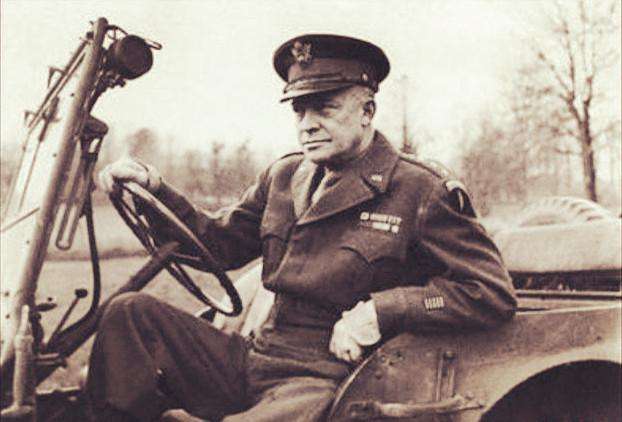和国内高中历史考试相比,IB历史没有填空题和选择题,不会考察某个事件发生的时间、地点、人物等确切的需要死记硬背的信息,更多的偏重还是表达历史事件思考和观点的论述题。因此IB历史考试内容无疑更具备灵活性,对学生思考和分析能力要求也更高。

IB历史考试内容
一般来说,IB历史课程强调以下几个能力:
培养学生从多个信息源中获取信息的能力,使用一手信息源的能力
理解历史的复杂性以及对同一事件的不同观点
通过学习历史反思当今社会的能力
批判性思维的能力
一、信息的获取
对一手信息源的重视,培养学生对多信息源的甄别,以及对不同观点的理解,这一点,从IB历史的考卷中有清晰的体现。IB的历史评估分为内部和外部评估,内部评估20分,外部评估80分。外部评估又分为三项:Paper1、Paper2、Paper3,如下图所示。
Paper1占20分,用时1个小时。一般的考试形式是:对于一个主题,给出5个信息源,然后让学生回答几个问题。比如:下面这道样题,题目要求原文如下:
Paper 1
When presented with five sources related to the enforcements of the provisions of the treaties,disarmament and London Naval Conference(1930),students will:
•explain the significance of the Conference
•compare and contrast the views of the Conference presented in different sources
•assess the value and limitations of sources
•use the sources and their own knowledge to discuss the extent to which they agree with the view that the London Naval Conference was unsuccessful.
要求考生基于5个信息源:
(1)解释会议的重要性
(2)比较在不同信息源中呈现的观点的相同和不同之处
(3)评估这些信息源的价值和局限性
(4)最后是一道论述题:有一种观点认为London Naval Conference是不成功的,请基于给出的信息源讨论在多大程度上你同意这一观点?
这5个信息源一般都是来自不同的文章或书籍,有不同的观点,而且是很难读懂的学术文章。比如,信息源可能是下面这样的文章:
Source A Albert Hourani,a lecturer of History,writing in a general introductory book,
A History of the Arab Peoples(1991).
Both Byzantine and Sassanian Empires had been weakened by epidemics of plague and long wars;the hold of the Byzantines over Syria had been restored only after defeat of the Sassanians in 629,and was still tenuous[insecure].The Arabs who invaded the two Empires were not a tribal horde but an organized force,some of whose members had acquired military skill and experience in the service of the empires or in the fighting after the death of the Prophet.The use of the camel gave them an advantage in campaigns fought over wide areas;the prospect of land and wealth created a coalition of interests among them;while religious conviction gave some of them a different kind of strength.
二、思考力
IB历史考试都是论述题,基本上都是写论文(跟第一学科组的语言课程差不多)。在写论述题上,与国内历史考试最大的一点区别是,没有或者是不特别强调统一的正确答案。当然,在评估时,会有一些答题点做参考,但同时,会考虑学生是否准确地理解了问题,清晰地回答了问题,提供的论据是否足以支撑最终的结论,是否有以下的四个能力:Knowledge and understanding、Application and analysis、Synthesis and evaluation、Use and application of appropriate skills。而这些能力,是在学习历史课程的过程中反复训练,并且有明确的范式的。
以Paper2考试为例,分数是25分,用时是1.5个小时。考试时会给出很多问题,要求学生选择两个问题完成。
典型的问题如下,请基于20世纪发生的事件,回答以下问题:
1.一种观点认为,战争会加速社会改变,在多大程度上你同意这一观点?
To what extent do you agree with the view that war accelerates social change?
2.分析、对比苏联内战、西班牙内战、中国内战三场战争中外国势力卷入的原因和影响?
Compare and contrast the reasons for,and impact of,foreign involvement in two of the following:Russian Civil War;Spanish Civil War;Chinese Civil War.
3.以两个欧洲新成立的国家举例,评估冷战对其的影响?
Assess the impact of Cold War developments on two non-European new states.
4.以1917-1924期间的列宁或1922-1943期间的墨索里尼为例,说明其在处理面对的难题时有多成功?
How successful was either Lenin(1917-1924)or Mussolini(1922-1943)in solving the problems he faced?
三、小结
所以,简单看,IB的历史课程一方面培养了专业上需要具备的能力,比如对信息源的甄别、基于多个信息源如何得出结论等,另一方面,也是培养独立的思考能力,分析问题、收集信息、总结归纳等能力。
以上就是A+小编关于IB历史考试内容以及对学生能力的相关介绍。从上文中我们可以了解到,IB历史的培养目标是帮助学生历史学习各项能力的养成,光靠死记硬背的历史学习方式在IB历史学习中是行不通的。同学们一定要改变以往的学习思路,在IB历史课程学习中向更灵活的方向进行转变,多思考、多分析,学活总结归纳,这些才是IB历史学习的关键所在。